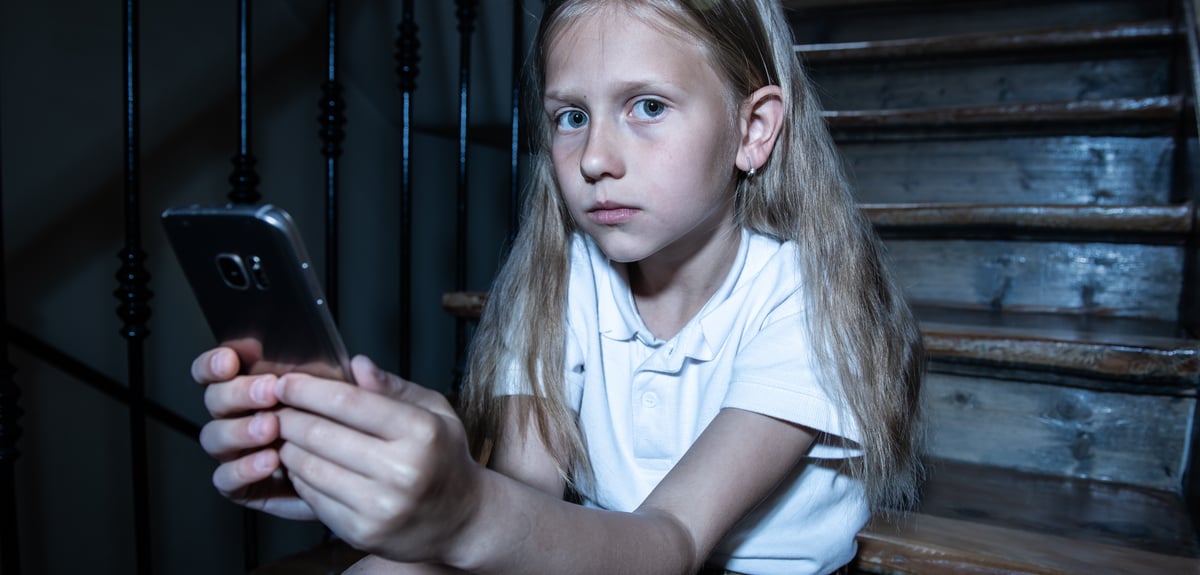
Image Source: Google
Social media has become an integral part of our daily lives, especially for students. It offers a platform for communication, collaboration, and networking. While social media has its advantages, it also comes with its challenges, particularly in the educational and social aspects. In this article, we will delve into the various effects of social media on students beyond the screen. If you want to know more about social media affecting students then you can check cladsocial.com.
Educational Effects of Social Media
Positive Effects
- Enhanced Learning Opportunities: Social media platforms provide students with access to a wide range of educational resources, including online courses, webinars, and educational videos. This can enhance their learning experience and supplement traditional classroom instruction.
- Collaborative Learning: Social media enables students to collaborate with their peers on group projects, share notes, and discuss academic topics. This fosters a sense of community and can improve overall academic performance.
- Instant Access to Information: With social media, students can quickly look up information on various subjects, participate in online discussions, and seek help from teachers and classmates. This instant access to information can support their learning process.
Negative Effects
- Distraction: One of the most common negative effects of social media on students is distraction. Constant notifications, messages, and updates can disrupt students' focus and concentration, making it difficult for them to stay engaged in their studies.
- Plagiarism: The ease of copying and pasting information from social media sites can lead to plagiarism among students. This can undermine the development of critical thinking and research skills.
- Isolation: Excessive use of social media can lead to feelings of isolation and loneliness among students. Spending too much time online can take away opportunities for face-to-face interactions and social connections.
Social Effects of Social Media
Positive Effects
- Networking Opportunities: Social media platforms allow students to connect with peers, professionals, and experts in their field of interest. This networking can lead to valuable career opportunities and mentorship.
- Cultural Exchange: Students can interact with individuals from different cultural backgrounds through social media, broadening their perspectives and fostering cultural exchange. This can promote tolerance and understanding among diverse communities.
- Community Engagement: Social media enables students to participate in social causes, community projects, and activism. It provides a platform for them to raise awareness about important issues and make a positive impact on society.
Negative Effects
- Cyberbullying: One of the most serious negative effects of social media is cyberbullying. Students may experience harassment, threats, or intimidation online, which can have detrimental effects on their mental health and well-being.
- Comparison and Self-Esteem Issues: Social media often portrays an unrealistic and filtered version of reality, leading students to compare themselves to others and experience feelings of inadequacy. This can negatively impact their self-esteem and mental health.
- Privacy Concerns: Students may unknowingly share personal information on social media that can be exploited by cybercriminals. Privacy concerns related to social media use can put students at risk of identity theft, fraud, and other cybercrimes.
Conclusion
As we have explored in this article, social media has both positive and negative effects on students in terms of education and social interactions. It is essential for students to be mindful of their social media usage and to strike a balance between the benefits and risks associated with these platforms. Educators, parents, and policymakers also play a crucial role in providing guidance and support to students in navigating the complexities of social media. By fostering responsible and positive online behaviors, we can help students harness the educational and social potential of social media while mitigating its negative impacts.